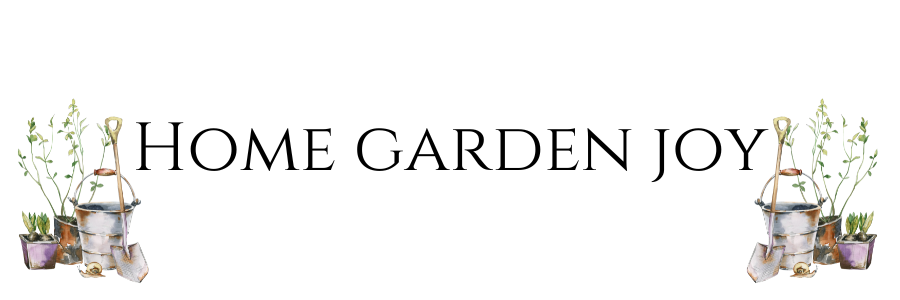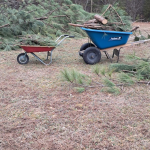This weekend, we realized it’s been six years since we moved from New York to Virginia. Time does pass quickly!
When we moved to Seven Oaks, it was nothing but bare red clay and endless rows of loblolly pines. Over the course of six years, we planted 30 fruit trees in the orchard; created a formal garden with pathways; created foundation landscaping and an island bed to break up the monotony of the lawn; created a raised bed vegetable garden; installed a patio garden with lighting, and a small garden in the back; started a new day lily area thanks to gifts of roots from my friend Cynthia.
Yet despite all of these gardens, or maybe because of them, I’m starting to feel like changes are needed, especially in the formal flower garden.
Now don’t get me wrong. I’m not talking about ripping up hardscapes and moving pathways around. But I am talking about taking some drastic measures with plants.
Over the years, the kits we bought have become straggling. Areas that looked nice when first planted have grown into each other, and some plants haven’t grown the way they were pictures on the website or in the catalog. Gee, surprise, surprise….plants do indeed have a mind of their own.
We’ve found that somethings never grow well. My roses always look great in May, and never recover from the annual June Japanese beetle invasion. And each year, I hack away the underbrush around the perimeter of the garden, only to find by autumn that it’s all grown back.
And if I have to pull out another wild blackberry bramble from the perennials, I’m going to scream.
So what do I want? I want form. Structure. More definition in the garden areas. Focal points, and better blooming times, so that the garden doesn’t peak in May then look piqued in September.
I’ve started sketching some ideas, noodling over plants, idly flipping through catalogs and plant books. It’s time to rethink the garden, and fall and winter are good times for it. As I clean up the beds this fall, I plan to make sketches to decide where to move plants, where there are gaps, and how to improve it.
Gardening is a process, a process of growing and becoming. A garden is never complete.






There are always beds to redo aren’t there? I often find that I plant things not near big enough to make a good appearance and have to move them somewhere else and find other plants to fill in.
You’ve done a lot in 6 years. Our place had very little when we moved here too. It all evolves just like the gardener.